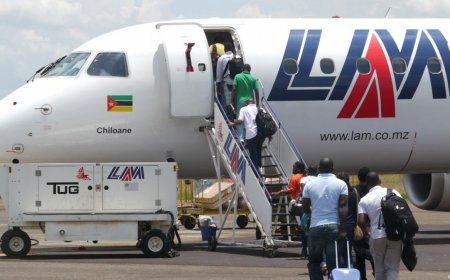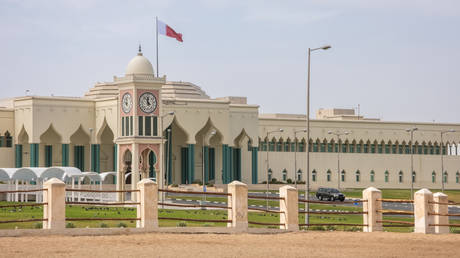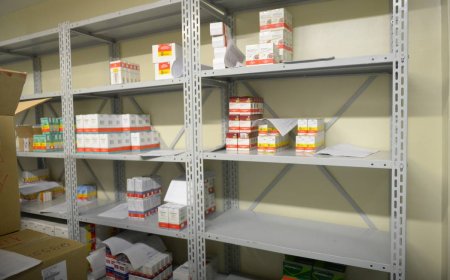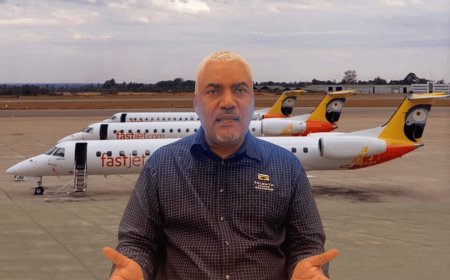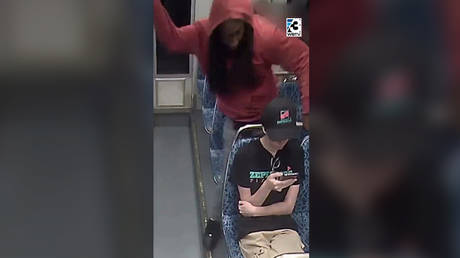Nyusi leaves country in chaos and proclaims "mission accomplished" in final speech
After ten years, President Filipe Nyusi delivered his final annual State of the Nation address today at the Assembly of the Republic, asserting that he leaves the Presidency with a sense of duty fulfilled. Nyusi highlighted his direct involvement in the quest for peace and reconciliation as the primary legacy of his governance.
Throughout his two terms, Nyusi took bold steps toward peace, including traveling to the Gorongosa mountains in Sofala province to meet with the then-leader of Renamo, the late Afonso Dhlakama, to negotiate peace for the country, seen as a sine qua non for development.
"Therefore, with deep emotion and a sense of duty fulfilled, we hand over the nation, this reconciled Mozambique," Nyusi said in the opening minutes of his State of the Nation address.
"This is our legacy of peace and reconciliation. Without this achievement, all other achievements would be at risk. When history and data disagree, it is usually history that is correct," he added.
According to the Head of State, to consolidate this accomplishment, the government plans to build a peace memorial in Gorongosa, symbolizing the ceasefire agreement signed between the government and Renamo.
"We have shared this vision with Renamo's leadership. The memorial will honor the protagonists of the peace processes in Mozambique and make Gorongosa a national and international reference in peacebuilding, tolerance, and reconciliation," he announced.
Nyusi admitted that the war against terrorist groups in Cabo Delgado, in northern Mozambique, is still far from being won. However, he assured that the government combined the military response with economic solutions that brought hopeful prospects, with the combined involvement of forces from the Southern African Development Community (SADC) and Rwanda.
"We have not yet been able to eliminate terrorism completely and definitively in northern Mozambique, but we have managed to contain and push back these actions," he said.
On the issue of kidnappings, the Head of State shared figures demonstrating the severity of the problem, with the country recording 22 kidnapping crimes since January 2023, implicitly acknowledging the failure in this area.
"We have not solved the kidnapping problem, but we are fighting it within our capabilities. When asked about this issue, I say I did everything I could," he emphasized.
Many regime critics consider Nyusi's governance an outright failure, judging by the poverty levels in the country, which skyrocketed from 65% in 2022 to 87% of the population, according to data from the National Development Strategy (ENDE) 2025-2044.
The document reveals that more than half of the population lives in precarious conditions, exacerbated by rising inflation.
In Cabo Delgado, the pressure from the terrorism crisis continues, with insurgents still causing terror, leading to internal displacements and creating an unprecedented humanitarian crisis. In the public sector, the executive has faced several strikes in justice, education, and health, with discontent and protests due to poor working conditions and low salaries.
Nyusi's governance was also marked by allegations of human rights violations. In the past two years, several public demonstrations were violently suppressed, resulting in bloodshed.


